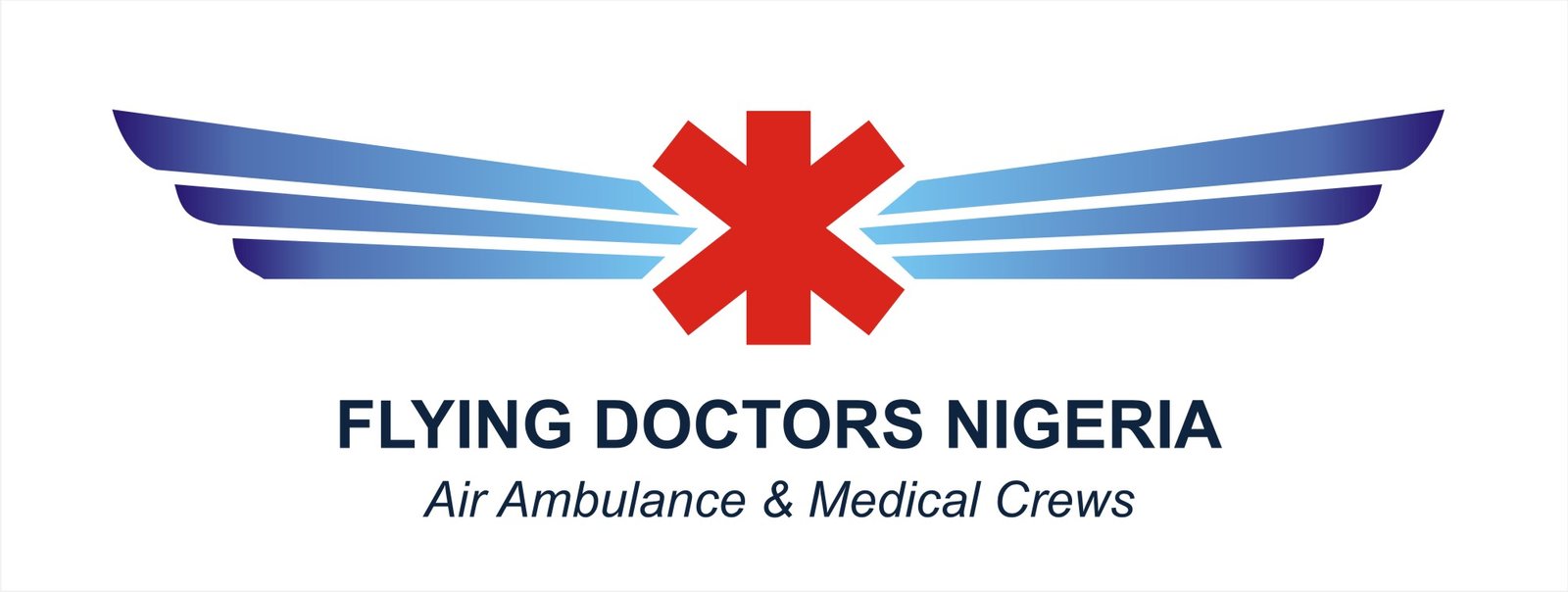
What is Cholera?
According to the WHO, Cholera is an acute diarrhoeal infection caused by ingestion of food or water contaminated with the bacterium Vibrio cholerae.
If left untreated Cholera can kill within hours
Outbreaks in Nigeria
Cholera outbreaks unfortunately has been occurring almost on a monthly basis in many states in the country especially in the Northern states. A recent update from the Nigeria Centre for Disease Control (NCDC) states that:
‘As at the 22nd of June 2018, a total of 13,009 suspected cases and 1161 deaths have been reported from twelve States (Adamawa, Anambra, Bauchi, Borno, Kano, Kaduna, Kogi, Nasarawa, Niger, Plateau, Yobe and Zamfara) since the beginning of 2018. From available line-lists, the first reported cases were from Kano (01-Jan-2018), Anambra (04-Jan-2018), Borno (13-Feb-2018) and Bauchi (27-Feb-2018), Kogi (04-June-2018), Niger (03-June-2018)’.
What are the symptoms of Cholera?
Cholera is an extremely virulent disease that can cause severe acute watery diarrhoea. It takes between 12 hours and 5 days for a person to show symptoms after ingesting contaminated food or water. Cholera affects both children and adults.
Most people infected with Vibro cholerae do not develop any symptoms, although the bacteria are present in their faeces for 1-10 days after infection and are shed back into the environment, potentially infecting other people.
What is the treatment for Cholera?
Cholera is an easily treatable disease. The majority of people can be treated successfully through prompt administration of oral rehydration solution (ORS).
The WHO/UNICEF ORS standard sachet is dissolved in 1 litre (L) of clean water. Adult patients may require up to 6 L of ORS to treat moderate dehydration on the first day.
Severely dehydrated patients are at risk of shock and require the rapid administration of intravenous fluids. A 70 kg adult will require at least 7 L of intravenous fluid, plus ORS during their treatment. These patients are also given appropriate antibiotics to diminish the duration of diarrhoea, reduce the volume of rehydration fluids needed, and shorten the amount and duration of V. cholerae excretion in their stool.
Mass administration of antibiotics is not recommended, as it has no proven effect on the spread of cholera and contributes to increasing antimicrobial resistance.
Rapid access to treatment is essential during a cholera outbreak. Oral rehydration should be available in communities, in addition to larger centres that can provide intravenous fluids and 24 hour care. With early and proper treatment, the case fatality rate should remain below 1%.
Prevention
Currently there are 3 WHO pre-qualified oral cholera vaccines: Dukoral®, Shanchol™, and Euvichol®. All 3 vaccines require 2 doses for full protection.
In addition to vaccination, during an outbreak, awareness campaigns should be organized during and information should be provided to the community about the potential risks and symptoms of cholera, precautions to take to avoid cholera, when and where to report cases and to seek immediate treatment when symptoms appear. The location of appropriate treatment sites should also be shared.
The Flying Doctors Air Ambulance Service
The Flying Doctors Nigeria is a leading air ambulance company covering West and Central Africa. For patients that have overwhelmed the level of care available in their local environment, air ambulances are essential for transferring these patients to better levels of care.
We also offer medical evacuation plans which provide medical evacuation and treatment in the event of an emergency for a small yearly fee.
Read more about our air ambulances services here and our medevac cover here.

